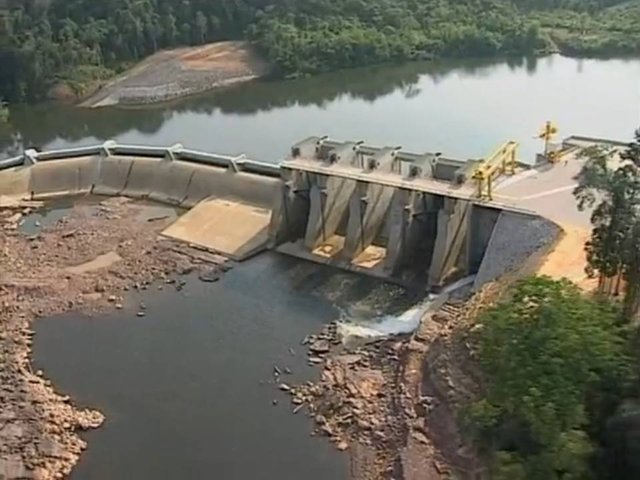

Laos has signed a 32-year land lease with investors to develop the Xe-Pian Xe-Namnoy hydroelectric project in the south of the country to supply electricity to Thailand.
Laos Deputy Natural Resources and the Environment Minister Akhom Tounalom signed the agreement with the chief executive officer of the Xe-Pian Xe-Namnoy Power Co, Young-Ju Choi, in Vientiane on Friday.
Construction of the project in Attapeu and Champassak provinces is expected to start in July, with commercial operation slated for February 2019, project officials said. The initial investment cost of the project was about 2,100 billion kip (7.8 billion baht).
The firm is a joint venture between the Laos government, which has a 24% stake, SK Engineering and Construction Co (26%), and the Korea Western Power Co and Thailand-based Ratchaburi Electric Generating Holding Plc with 25% each.
The developers will pay the Laos government more than 7.9 billion kip for the land lease.
The hydro dam is designed to produce 390 megawatts. Around 90% of the energy will be sold to Thailand with the rest for domestic consumption.
Developers say Laos has great untapped potential to develop hydroelectric dams – one of the cleanest sources of energy generation, but not without environmental issues.
In total, the country has the potential to generate about 28,000 megawatts of electricity if this potential is maximised, developers say. Current hydropower plants in Laos have an installed capacity of 2,559 megawatts.
Gallagher Re has shed light on the significant challenges insurers face when providing coverage for…
The Australian government will disburse AUD 1.7 million (USD 1.1m/EUR 1m) in grant funding to…
GlobalData’s latest report, ‘Asia Pacific Renewable Energy Policy Handbook 2024’ is among the latest region-specific…
The electrical generation market is facing a number of challenges, including the need to increase…
Nuclear energy has emerged as a prominent player in Asia's energy landscape, offering a reliable…
The pursuit of a low-carbon future has gained significant momentum globally, and Asia stands tall…